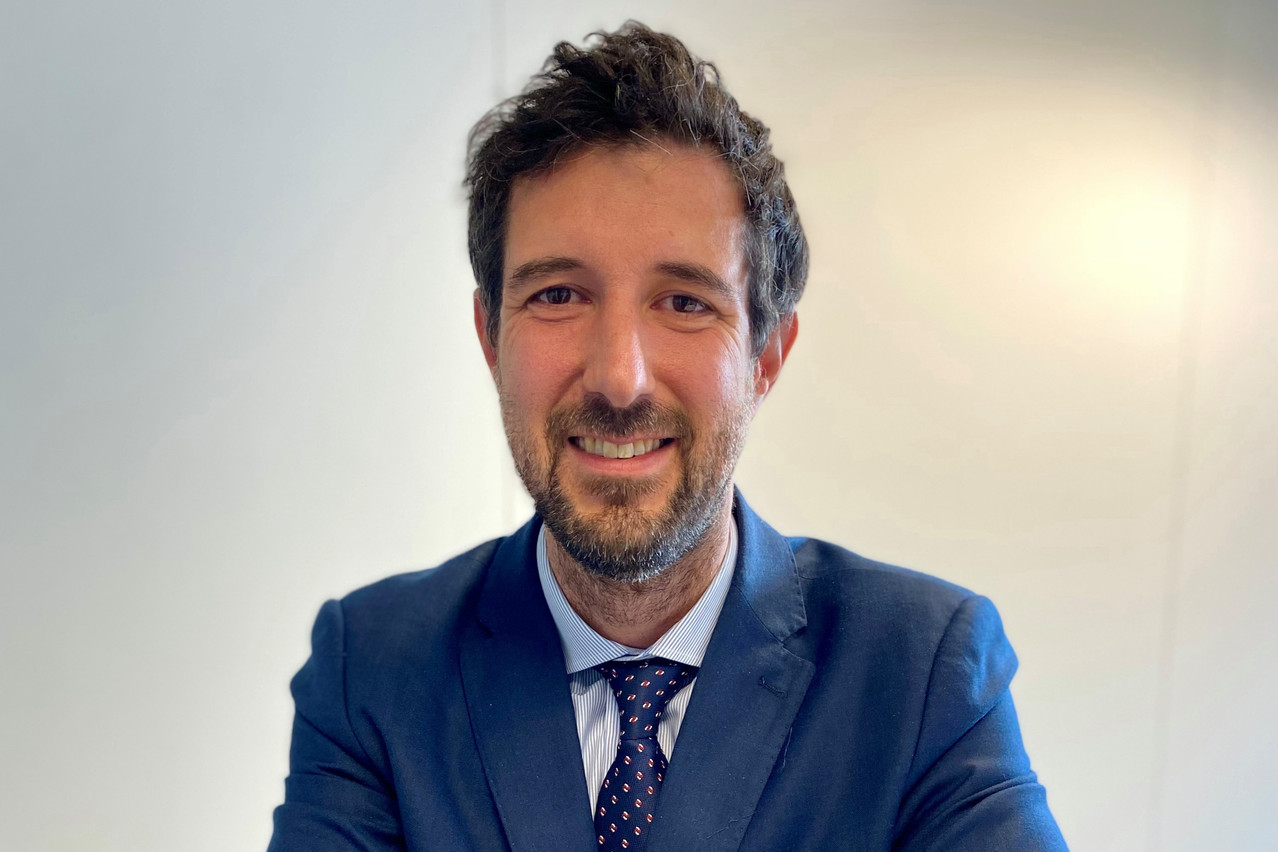Lydia Linna: The panel you’ll be moderating focuses on the path to net-zero. What exactly does “net zero” mean and what are the biggest challenges to achieving this?
Matteo Squilloni: Achieving “net-zero” means that the amount of human-origin greenhouse gas (GHG) emissions released into the atmosphere are equal to the total emissions removed or offset. Essentially, the goal is to reach a state where human-caused greenhouse gas emissions are completely offset through various methods (decarbonisation, reforestation or carbon capture technologies), resulting in no additional increase in the overall concentration of these gases in the atmosphere.
Reaching net-zero by 2050 is our best chance of tackling climate change and limiting global warming to a rise of 1.5 degrees above pre-industrial levels and is perhaps the greatest challenge humankind has ever faced.
Despite the enormous efforts put in place until today, the progress to reach this objective is happening at a far too slow pace for the world to hold temperature rise to 1.5 degrees. The UN finds that climate policies currently in place point to a range of 2.8-3.2 degrees temperature rise by the end of the century. Far too high.
Achieving ‘net-zero’ requires a holistic approach: we all need to be committed, we all need to contribute if we want to reach this objective
Governmental institutions are trying to stimulate and support the shift to net-zero--to mention just a few, the US’s Inflation Reduction Act (IRA), the European Union’s Green Deal or the REPowerEU program (which the EIB Group is strongly committed to deploying in the coming years).
However, achieving ‘net-zero’ requires a holistic approach: we all need to be committed, we all need to contribute if we want to reach this objective. This is the main challenge.
Individuals need to change their habits, governmental institutions and regulators need to stimulate as much as they can, industries need to strive for decarbonisation and the financial sector shall direct its effort to support and finance this structural change.
In your opinion, what are the key things needed from the financial sector to achieve net zero?
The financial sector plays a crucial role in achieving net zero emissions by directing investments and resources toward sustainable and low-carbon initiatives.
Financial institutions need to align their investments, moving away from fossil fuel-related activities and increasing investments in renewable energy, energy efficiency, green infrastructure and sustainable agriculture.
We need to accelerate
Overall, it is estimated by the International Energy Agency (IEA) and the UN’s Intergovernmental Panel on Climate Change (IPCC) that between €4-6trn in investment per year is required from now until 2050 to achieve the transition to a net-zero economy. The current investment pace is not even reaching €2trn per year.
We need to accelerate.
How can private equity and venture capital in particular contribute to this goal of net zero?
The private capital industry is crucial for the required acceleration of investments into energy transition as it has the right instruments to contribute with both short-term and medium-term impact strategies.
Investments in new climate breakthrough technologies (i.e., venture capital) will be crucial to achieve a disruptive impact in the medium to long-term, moving the climate change curve mainly in the period 2030-2050.
However, to achieve the required 50 percent reduction in GHG emissions by 2030, major investments would need to be channelled now for the scale-up the existing technologies (i.e., private equity, infrastructure, private debt).
The technologies to achieve a short-term impact on net-zero exist, they just require an increase in public and private support and a stronger commitment of each of the stakeholders
I refer here to investments and financing of energy production from renewable sources (including financing of the value chain), investments in companies, products, services linked to the global electrification, investments into energy efficiency projects, support to the overall decarbonisation of hard-to-abate industries, sustainable and regenerative agriculture, technology and processes for the sustainable use of land and natural resources.
The technologies to achieve a short-term impact on net-zero exist, they just require an increase in public and private support and a stronger commitment of each of the stakeholders.
Could you give a sneak peek about what will be discussed during the panel and why people should attend the conference?
At the LPEA Insights conference, I will have the honour to moderate the discussion on net-zero with the representatives of leading pan-European fund managers (which also have a significant presence in Luxembourg): Tikehau, Argos and Finance in Motion represent private capital players at the forefront of climate change and decarbonisation in Europe since many years now and are successful, virtuous and inspirational case studies for the whole private capital industry.
Read also
In the panel, we will hear what they are doing to achieve the net-zero objective, understand their investment strategies and how the achievement of the net-zero objective has changed their way to work, the way they structure deals and the way they interact with the different stakeholders.
The LPEA Insights conference will take place on 19 October at Luxexpo The Box. Matteo Squilloni will moderate a panel on “The path towards net zero,” which will feature Jack Azoulay (Argos Wityu), Pierre Abadie (Tikehau Capital), and Oliver Heiland (Finance in Motion). Find the full programme .



